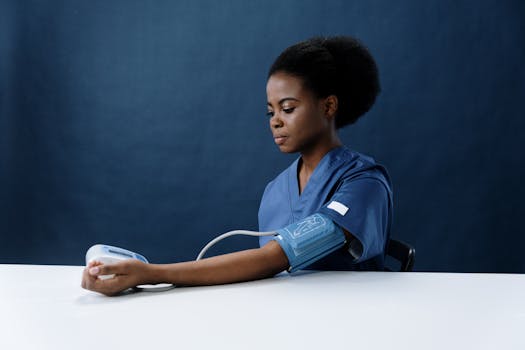Recognize the early signs of a heart attack like chest pain, fatigue, and breathlessness to seek help in time and protect your heart health.
Heart disease remains one of the leading causes of death globally, and heart attacks can strike without warning. But the truth is—your body often gives you early signals. Recognizing the early signs of a heart attack can be life-saving and allows you to seek timely medical help before the situation becomes critical.
🔍 Why Early Detection Matters
A heart attack, or myocardial infarction, happens when blood flow to the heart muscle is blocked. This leads to damage or death of heart tissue. Detecting symptoms early helps prevent extensive damage and increases survival chances.
🛑 Common Early Signs of a Heart Attack
1. Chest Discomfort or Pain
This is the most classic symptom. It may feel like:
- Pressure, fullness, or squeezing in the center of the chest
- Pain that lasts more than a few minutes or goes away and comes back
Important: Chest pain is not always severe. It can be mild and mistaken for indigestion.

2. Shortness of Breath
Struggling to catch your breath while doing routine tasks—or even at rest—can be an early warning. It may occur with or without chest pain.

3. Unusual Fatigue
Feeling exhausted even after light physical activity or waking up tired despite a good night’s sleep could signal that your heart isn’t pumping effectively.
4. Pain in Other Parts of the Body
Heart attack pain can radiate to areas such as:
- Left arm or both arms
- Back
- Stomach
- Neck
- Jaw
This pain can come and go or be persistent.
5. Cold Sweat
Breaking out in a sudden cold sweat without physical exertion is a red flag and can be an early indicator of a cardiac event.
6. Nausea or Lightheadedness
Feeling dizzy or nauseated, sometimes accompanied by indigestion-like symptoms, could point to reduced blood flow to the brain and stomach.
🚺 Women May Experience Different Symptoms
Women often have less obvious signs, such as:
- Fatigue
- Nausea
- Back or jaw pain
- Anxiety or panic-like symptoms
This is why heart attacks in women are sometimes misdiagnosed.
✅ What to Do If You Notice Early Symptoms
If you or someone around you is experiencing any of these symptoms:
- Don’t wait – Call emergency services immediately.
- Chew an aspirin (if not allergic) – It helps thin the blood.
- Stay calm and try to remain seated or lie down.
Time is muscle. The faster you act, the more heart muscle you can save.
🩺 How to Reduce Risk of a Heart Attack
- Quit smoking
- Control blood pressure and cholesterol
- Maintain a healthy diet and exercise
- Manage stress
- Get regular checkups, especially if you have a family history
🌐 Useful External Resources
https://www.heart.org/en/health-topics/heart-attack/warning-signs-of-a-heart-attack



